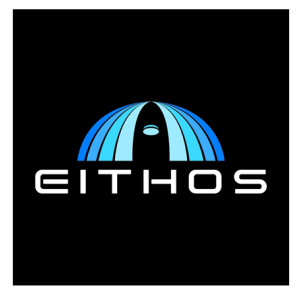 \
&
Contact us
\
&
Contact us
 \
&
Contact us
\
&
Contact us
Published on | 2 years ago
Programmes ERCThe results of the 2022 European Research Council (ERC) Consolidator grant call (call deadline 17 March 2022) were published. Consolidator Grants are open to researchers with 7-12 years of experience since completion of PhD (extensions are possible under certain documented circumstances), a scientific track record showing great promise and an excellent research proposal.
Of the 2222 submitted proposals 321 researchers with 37 different nationalities received an ERC Starting grant. 91 In Life Sciences, 133 in Physical Sciences and Engineering and 97 in Social Sciences and Humanities.
However the statistics and final list are provisional since the UK is still considered non-associated to Horizon Europe. The successful proposals of applicants based in a country in the process of associating to Horizon Europe will be eligible for funding only if the relevant Horizon Europe association agreement applies by the time of the signature of the grant agreement.
Among the 321 selected researchers are eleven based at Flemish host institutions:
Background on the evaluation results, projects and teams can be found in the press releases from ERCEA, Universiteit Gent, KU Leuven and VIB.
We offer news and event updates, covering all domains and topics of Horizon Europe, Digital Europe & EDF (and occasionally, for ongoing projects, Horizon 2020).
Stay informed about what matters to you.
By signing up, you can opt in for e-mail notifications and get access to
a personalised dashboard that groups all news updates and event announcements in your domain(s).
Only for stakeholders located in Flanders

The EITHOS project, funded under Horizon Europe Cluster 3 call “Online identity theft is countered”, aims to develop a “European Identity Theft Observatory System” (EITHOS). The system will provide easy access to information and intelligence about previous and current identity theft related trends to empower EU citizens, Law Enforcements Agencies (LEAs), and policy makers to further contribute to the prevention, detection, and investigation of crimes related to online identity theft. The Cyber and Data Security Lab (CDSL), part of the Law, Science, Technology and Society (LSTS) Research Group at Vrije Universiteit Brussel (VUB), is one of the 12 partners in the EITHOS consortium, contributing its vast expertise on legal aspects of data protection, cybersecurity and information security law and policy.